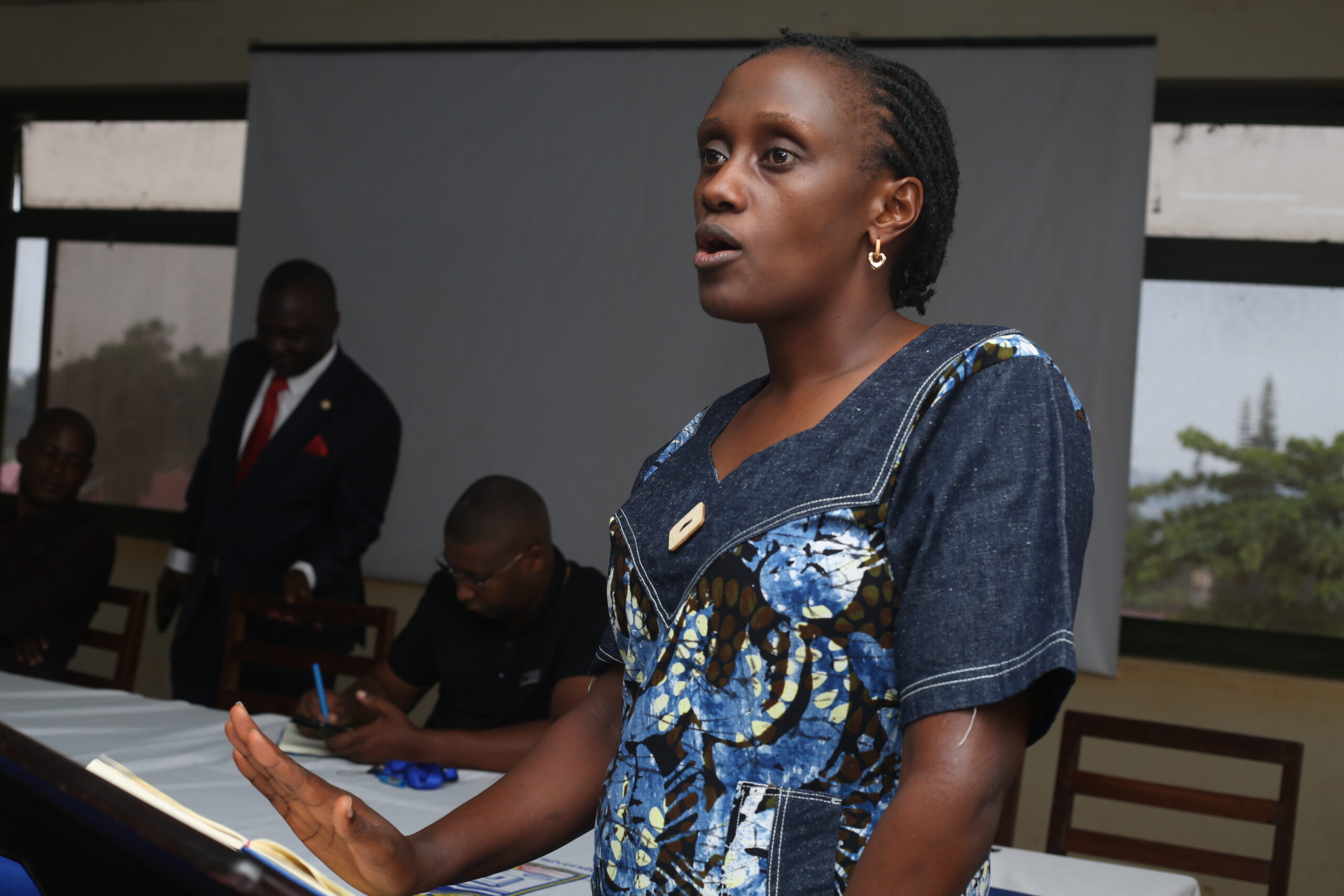Jonathan Lyadda
WhatsApp, a popular messaging app owned by Meta, is working on plans to introduce an interoperability encryption with other messaging apps.
The move is part of its compliance with the EU’s Digital Markets Act (DMA) legislation innacted in September last year designating WhatsApp parent company Meta, and 5 others including Google, Amazon, Apple, ByteDance, and Microsoft to introduce platform interoperability with other messaging apps by opening up their core platform services.
According to Dick Brouwer, the Engineering Director at WhatsApp, interoperability will first focus on text messaging, sending images, voice messages, videos, and files between two people.
Brouwer further expounds that users who opt-in to interoperability will see messages from other apps in a separate section at the top of their WhatsApp inbox. “The early thinking here is to put a separate inbox, given that these networks are very different,” Brouwer said.
To send messages, third-party apps will need to encrypt content using the Signal Protocol, and then be packaged using XML, in compliance with the platform’s existing client-server architecture. Apps will also need to connect to WhatsApp’s servers to receive messages.
Through a feature, known as “third-party chats,” WhatsApp will then allow other apps to use different encryption protocols if they can demonstrate they reach the security standards that WhatsApp outlines in its guidance.
Third-party developers will also have an option to use a proxy between their apps and WhatsApp’s servers. This could give developers more flexibility by removing the need for them to use WhatsApp’s client-server protocols, but it also increases potential attack vectors, cautions Brouwer.
Meta says, the goal is to break down communication barriers between different messaging apps and offer users more flexibility in choosing how they connect with others. By integrating third-party chats into the WhatsApp platform, users can expect a more streamlined and interconnected messaging experience.
It is preferred that these apps use the Signal encryption protocol to ensure secure communication. However, WhatsApp is open to considering other encryption protocols that meet its stringent security standards.
Despite the exciting prospects of interoperability, it remains unclear which companies are planning to connect their services to WhatsApp for this purpose. Some messaging service owners have not disclosed their plans, while others like Snap and Discord have yet to provide any additional information.
The Digital Matkets Act comes into full effect in March 2024 giving WhatsApp and others just a few weeks to bring their services into compliance.
Authorities at Whatsapp say, the full details of the plan, which will apply to both WhatsApp and Messenger, will be made public by Meta in March.


















Discussion about this post